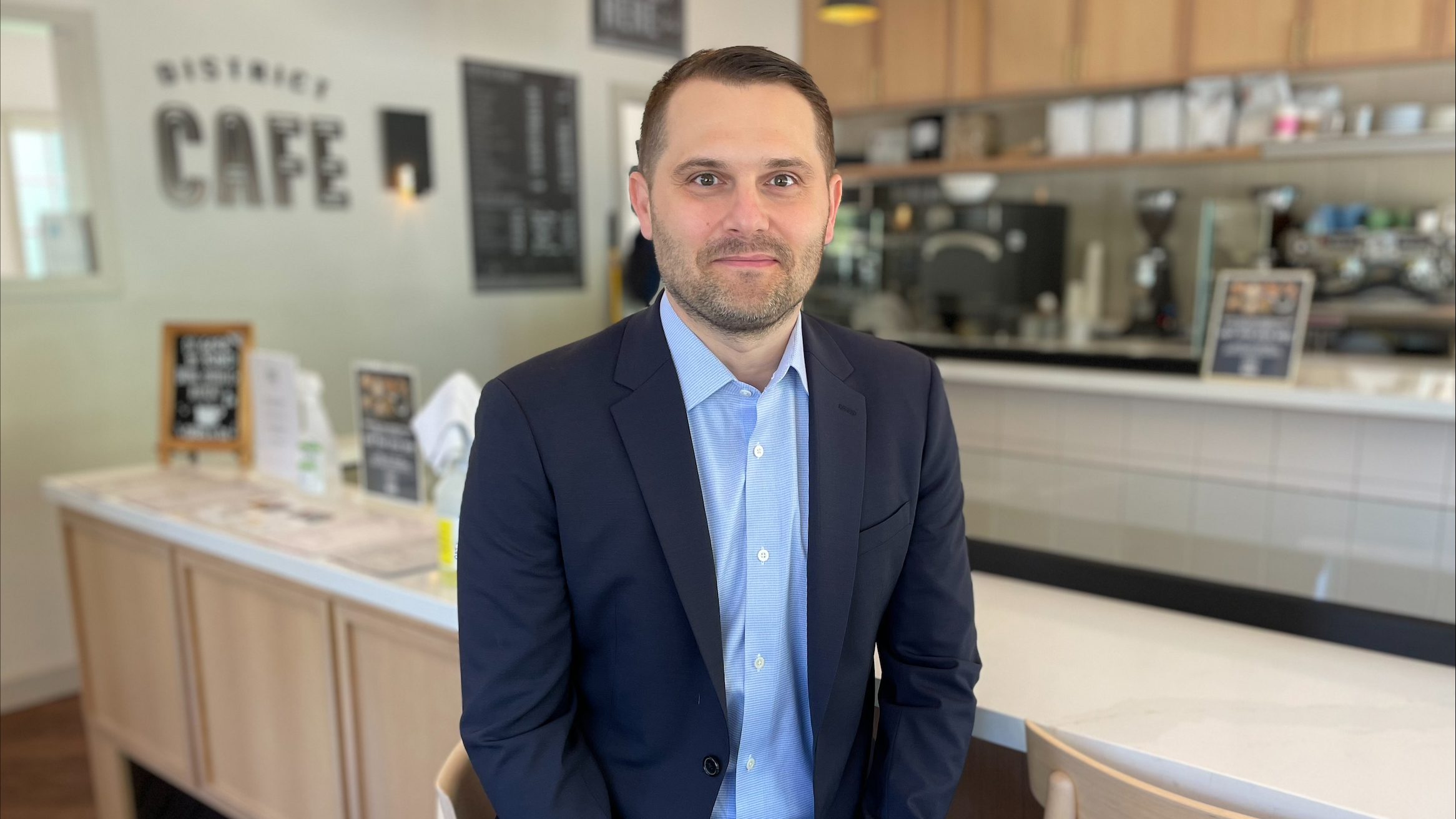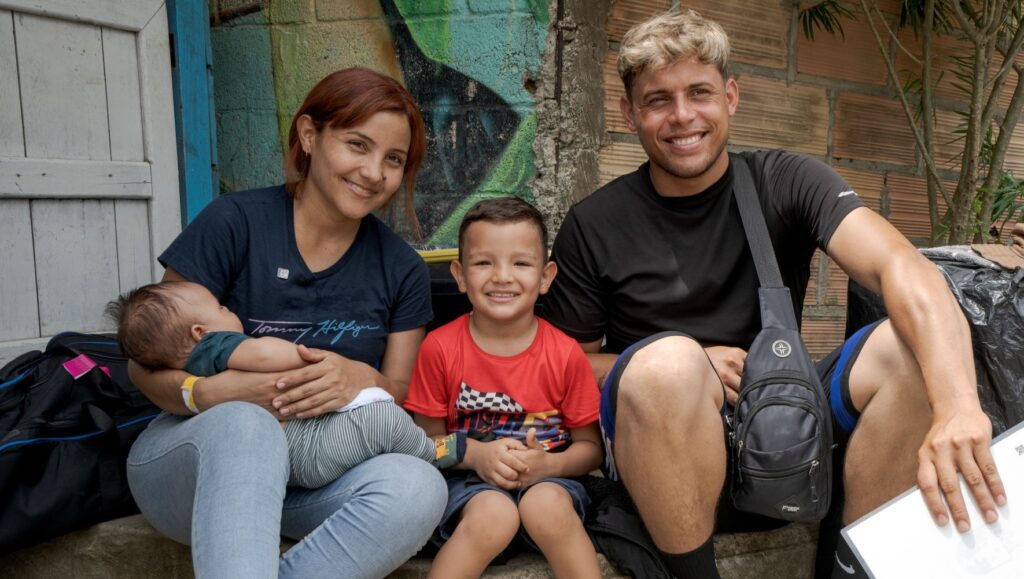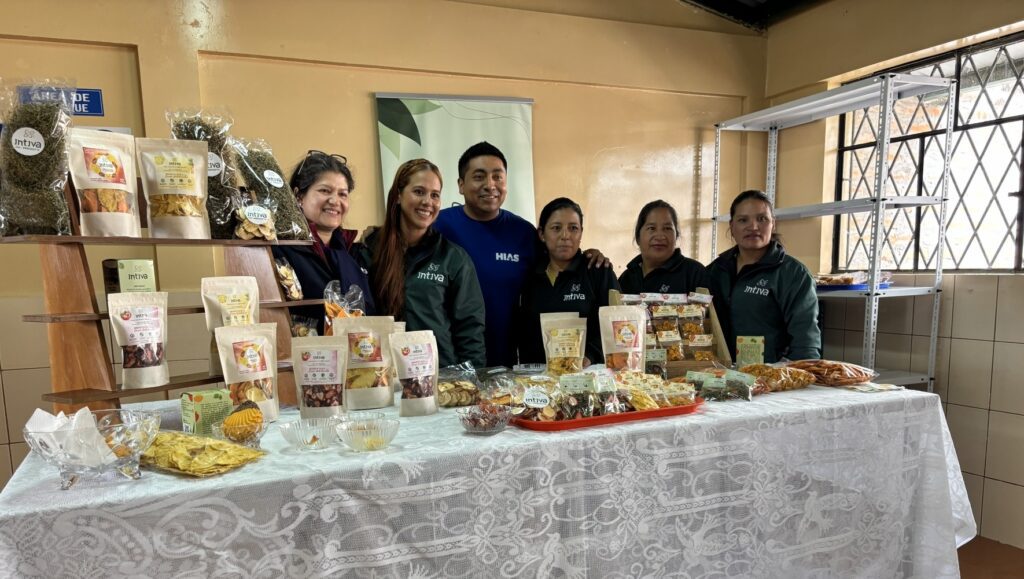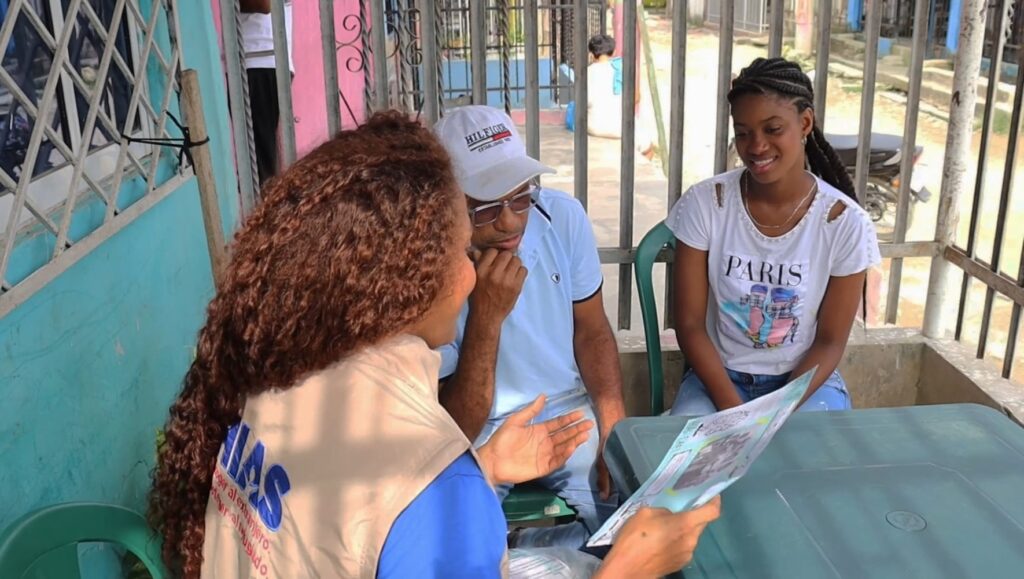
Today, HIAS launched its new Economic Advancement Fund (EAF), an institution designed to make it easier for refugees to start businesses after they are resettled in the United States. What began in 2017 as a microenterprise development initiative has since developed into a separate organization, one poised to make an enormous impact on the lives of refugees.
To get a better understanding of what EAF is and how it’ll work, we spoke with its inaugural director, Phillip Bailey.
What is HIAS Economic Advancement Fund?
EAF is a nonprofit organization and emerging Community Development Financial Institution, or CDFI. We provide access to financial products and services that promote economic opportunity and financial well-being. Our work focuses on supporting refugees and other forcibly displaced entrepreneurs in accessing capital so they can launch and grow their businesses. Through affiliate partners, we also provide business training and technical assistance that responds to the unique needs of each entrepreneur.
What led to the decision to start EAF?
A big reason was that when we looked at refugees who arrived in the U.S., we found that 43% of them had been self-employed in their countries of origin. At the same time, we had figures showing that only 13% of refugees in the U.S. were entrepreneurs. So there has been a big disparity between who is an entrepreneur back home, and who is an entrepreneur here. For a lot of our clients, entrepreneurship is their primary occupation, it’s their identity, it’s who they are. For others, it keeps family tradition alive. For many, it’s their fastest pathway to economic self-sufficiency.
"For a lot of our clients, entrepreneurship is their primary occupation, it’s their identity, it’s who they are."Phillip Bailey, director, HIAS EAF
But even though this is a country that supports small business, it’s tough being a small business owner. It’s tough to launch a small business and access the capital required to fund your startup. There are certain systemic issues with our financial system that make it very difficult for low-income people to access credit and the capital they need to build assets, build wealth, or start a business. These challenges are particularly difficult for refugees who arrive with little or limited credit, no collateral, and minimal equity to invest in their businesses. That’s a big part of why CDFIs exist — they fill an important gap for those that are unable to access credit from mainstream financial institutions.
How does EAF help newcomers deal with those structural challenges so that they can start businesses that thrive?
We meet our entrepreneurs where they are. Some are in the ideation mode, trying to identify a niche and a business to start. Others are in full-scale operations and are looking to expand. Some need assistance writing a business plan, estimating startup costs, creating a marketing strategy for their business, or a plan to hire additional employees. We are with them at all steps and points in their journey and really try to provide a continuum of services that are beneficial to any entrepreneur who comes to us for assistance.
EAF uses a hub-and-spoke model to deliver financial products and services, serving as the centralized financing hub while our affiliate partners serve as business training and technical assistance providers in the communities we serve. Our loan products and services are carefully designed to work together to promote economic opportunity for, and the well-being of, the refugees we serve.
What’s important to us is ensuring that any refugee who arrives anywhere in HIAS’ resettlement network is able to access services like business training, technical assistance, and access to capital either directly from EAF, or through referrals to trusted local partners that can provide clients with entrepreneurship development services in the cities where they live.



